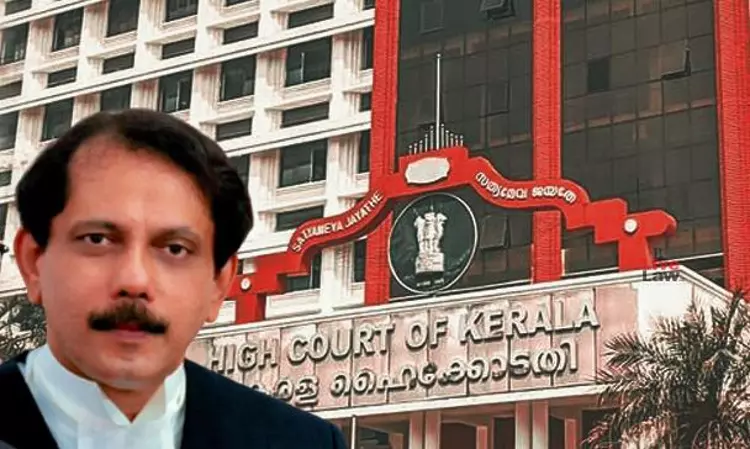The Kerala High Court has reiterated that the Limitation Act does not prescribe any statutory period for the victim to prefer an appeal against conviction under the proviso to Section 372 CrPC.Justice C.S. Dias relied upon the Division Bench decision in Sobhanakumari K. vs. Santhosh @ Pallan Shaji (2018) and observed thus:“In Sobhanakumari K. vs. Santhosh @ Pallan Shaji [2018 (1) KHC 195],...

